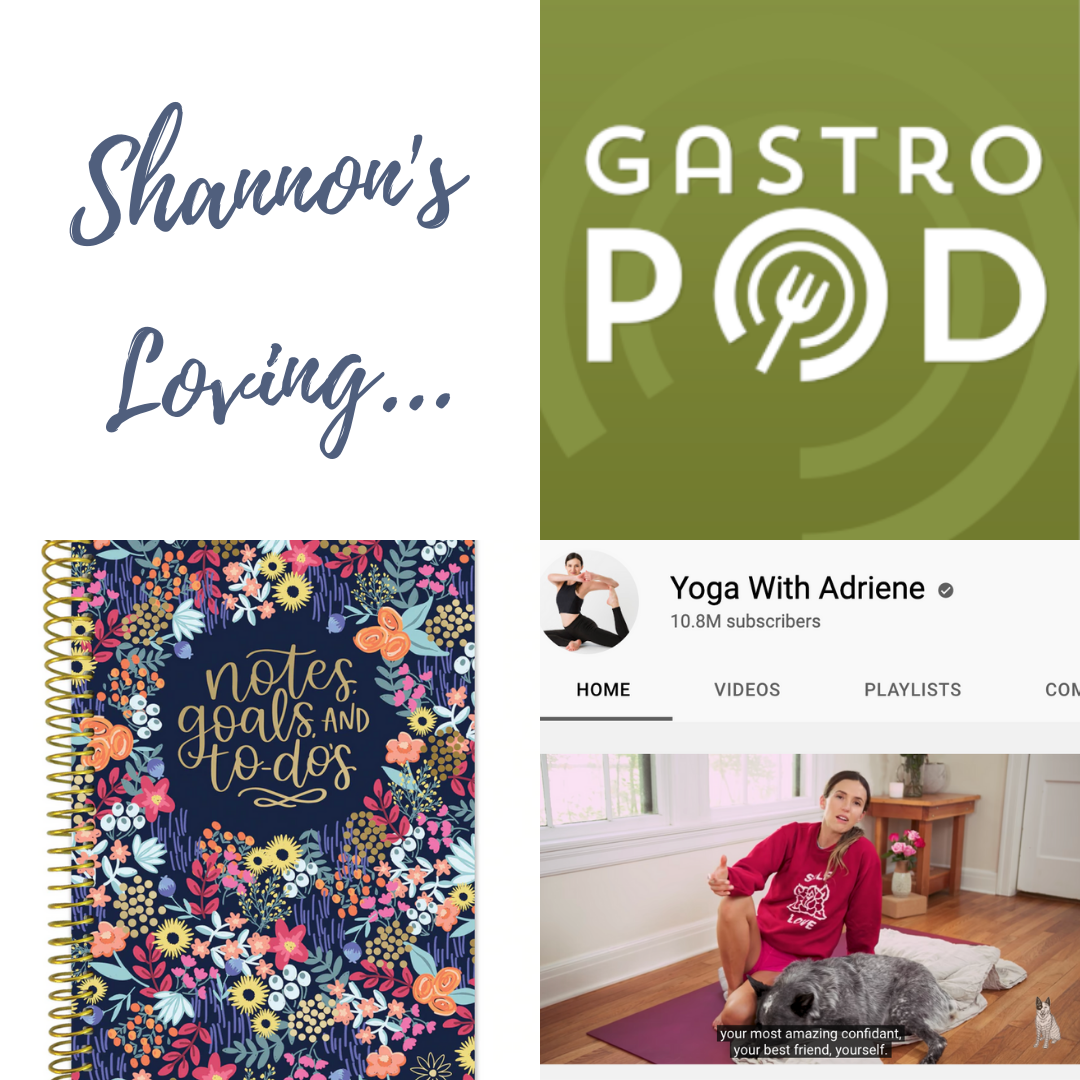This week Morehouse College made headlines when it announced its new Black History course, set to launch in Spring 2023. Why all of the hype, you might ask? Well, this isn’t a case of a controversial curriculum. It’s an innovative leap into the future of higher education.
Students who enroll in “History of the African Diaspora Since 1800” will have the opportunity to attend the March on Washington with Martin Luther King, Jr. and visit soldiers on the civil war battlefields. That’s because the course takes place in the metaverse–an immersive online environment that defies all limits of time and space. With the aid of virtual reality headsets and avatars, students will transport themselves into key historical events, gaining a perspective like never before.
This is just one of the courses Morehouse offers in the metaverse. There are currently nine others, spanning across several academic departments. And Morehouse isn’t the only college where undergraduates can strap on a headset and experience an entirely new kind of learning. Currently ten schools across the country are experimenting with metaverse courses, and many are predicting that such classes- and even “metaversitites”- will be the future of higher education.
Understanding the metaverse
Last year when Facebook rebranded itself as Meta, the term “metaverse” began popping up all over the internet. If you conduct a quick Google search, you’ll find that there is no standard definition of the term. In fact, most admit that we don’t know exactly what the metaverse entails just yet; there are still many unknown possibilities. But in simple terms, the metaverse is a network of 3D interactive environments where users can work, socialize, and yes, even go to school.
The metaverse is still in early stages of experimentation, and colleges like Morehouse are acting as case studies for how the metaverse can enhance students’ educational experiences.
The birth of metaversities
This past April, virtual reality specialists VictoryXR and EngageXR teamed up to create a virtual university pilot program for ten participating schools, including West Virginia University and University of Maryland Global Campus. These “metaversities” are digital campuses that replicate the exact look and feel of the physical school setting. With the aid of a headset, undergrads can do just about everything they’d do if they were right on campus: walk through the quad; engage in class discussions; work on group projects. But the technology also allows students to experience a type of learning that just wouldn’t be feasible IRL (in real life). For example, students dissecting a heart in a biology lab can shrink their avatars and walk through the ventricles. And those studying astronomy can get up close and personal with the stars.
potential advantages and drawbacks of metaversities
Not only do metaverse courses eliminate the barriers of time and space; they can also address other educational challenges. The metaverse does away with the traditional classroom structure, creating a more exciting and personalized learning experience for students. Proponents of metaversities believe that such courses will increase student retention, especially for those who struggle in a typical classroom environment. And for students with learning differences, the metaverse could be a real game-changer.
Additionally, several have commented on the potential for metaverse classes to improve student engagement. Forget boring lectures! Classes in the metaverse rely on student-centered learning experiences where participants are constantly exploring, creating, and building. And because the metaverse takes students outside the constraints of geography and time, there are endless possibilities for constructing and connecting.
Of course, no new technology is without its critics. Logistical concerns are at the forefront of the metaversity debate. After all, the metaverse can get expensive! Schools not only have to purchase virtual reality headsets for all students, which can cost anywhere from $400-1,500 per pair, but they spend thousands in metaverse platform subscriptions each year. Plus, universities will have to expand their IT departments to maintain the technology and invest in extensive professor training. Students themselves can accrue unexpected costs as well. Metaverse courses put a big strain on internet services, requiring some to ‘up’ their internet packages. And what about those who don’t have access to high-speed connections? Who knows?
Furthermore, many are concerned about the psychological and social ramifications of virtual education. This is our biggest concern, too. Will students have difficulty distinguishing reality from fantasy? How will they develop healthy relationship-building habits and socialization skills? How will they .. have fun? And how will the metaverse prepare them to succeed in real life? What impact could this shift have upon future generations and the world as we know it? Only time will tell.
Looking into the future
Given that metaversities are in their infancy, it is difficult to predict where these worlds will ultimately steer higher education. For now colleges experimenting with metaversities can continue collecting and assessing data. The numbers on course enrollments, student attendance, and assessments will hopefully start to tell us more about the risks and rewards and the world of possibilities for the future.








































